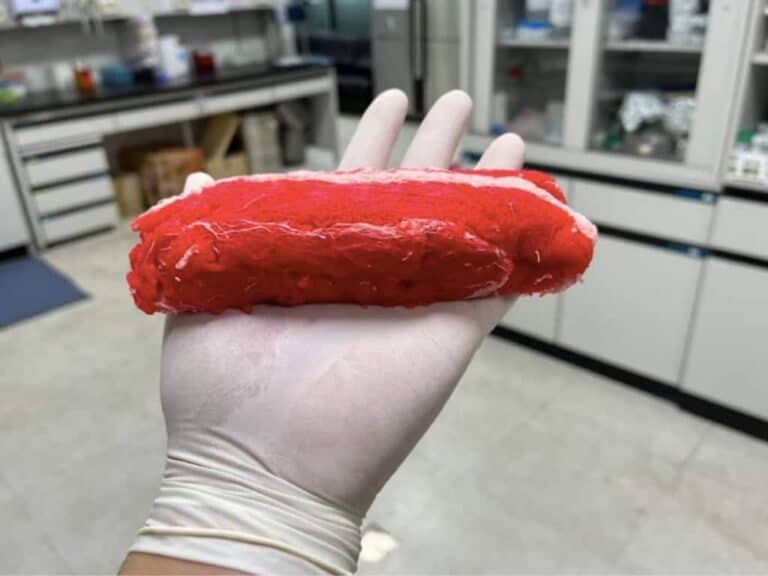South Korea’s INTAKE Secures $9.2M for Alt Proteins Made With Yeast-Based Precision Fermentation
INTAKE, a South Korean food tech company using yeast-based precision fermentation to produce alternative proteins, has raised KRW 13.5 billion (US$9.2 million) in Series C funding. The round was led by CJ Investment, HB Investment, Woori Venture Partners, KDB Industrial Bank Capital, J Curve Investment, and Wonik Investment Partners. INTAKE plans to use the funding for R&D and global infrastructure expansion for its microbial-based alternative protein business. Super-protein yeast strain INTAKE uses precision fermentation-based yeast cultivation to produce protein powders, which serve as a foundation for alternatives to meat, dairy, and eggs. By taking naturally occurring yeast from domestically grown grapes and enhancing it through adaptive evolution, the company has developed a super-protein yeast strain said to contain 1.5 times more protein than conventional yeast. …



















